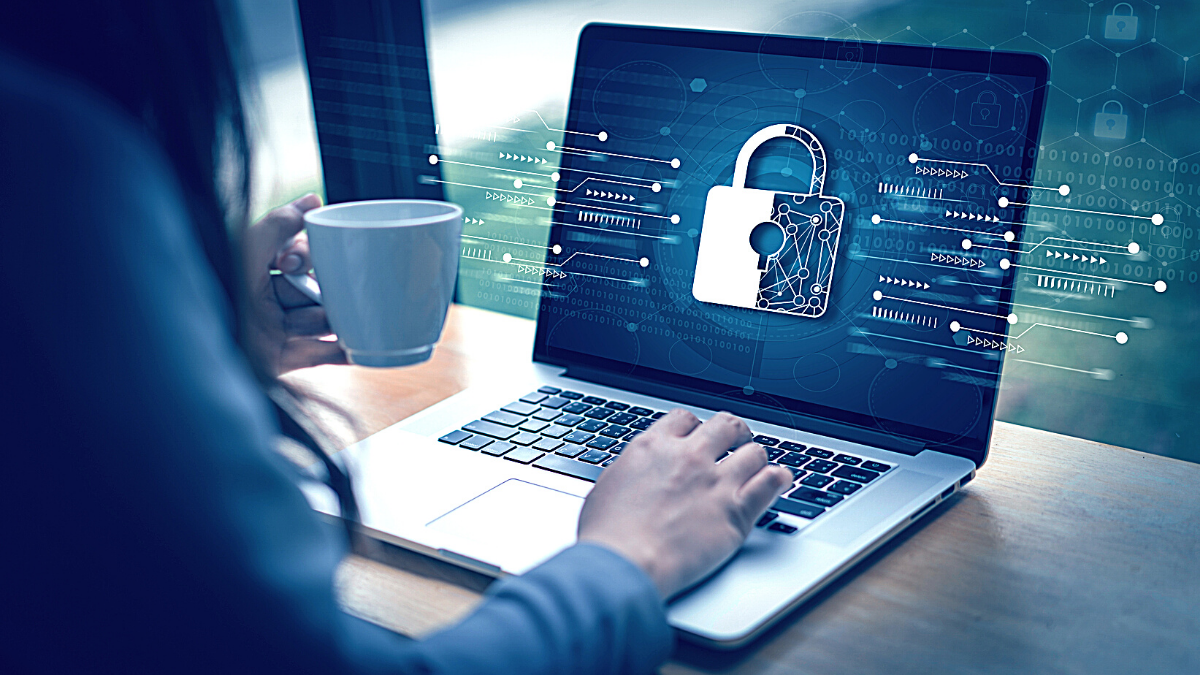Encryption algorithms are used for security purposes in many facets of today’s world. We can use them to keep our messages private, send photos we want to keep discrete and hide our location. But did you know the FBI has its own encryption system that is virtually uncrackable? This complicated algorithm uses a unique system that no one has ever broken.
This scary malware screenshots your system to see if you're worth hacking

It turns out that not every target is worth hacking, and cybercriminals are using a new phishing scheme to sift through information to search for a lucrative payday. Their goal, as always, is to rip you off. But if your system doesn’t appear to be cyberattack worthy, they might leave you alone.
Read on to find out how thieves are targeting your system with malware to determine if you have what they’re looking for.
Cybercriminals spying on your device
A new phishing attack is designed to find out if you have enough valuable information on your system to steal. Here’s how it works. Criminals are sending emails containing malicious links or attachments, hoping you’ll click on them. If you do, malware is installed on your system. This is where it gets interesting.
According to cybersecurity company Proofpoint, TA866 malware takes screenshots of your system and sends them to the thieves. If you’re determined to be a valuable target, more malware will be installed to steal crypto wallets, passwords stored on your browser, files and other valuable information.
“When the threat actor was satisfied with the screenshot(s) from the infected machine, an MSI package containing the initial component of the AHK Bot was made available for WasabiSeed to download,” Proofpoint explains.
The key to avoiding being victimized by this attack is not falling for the initial phishing email.
How to spot phishing emails
Even though this is an elaborate scheme with the end goal of ripping you off, it’s basically another form of phishing. If you follow proper safety methods and know how to spot phishing attacks, you can stay protected.
Here are some ways to avoid falling victim to phishing attacks:
- Safeguard your information — Never give out personal data if you don’t know the sender of a text or email or can’t verify their identity. Criminals only need your name, email address and telephone number to rip you off.
- Always use 2FA — Use two-factor authentication (2FA) for better security whenever available. Tap or click here for details on 2FA.
- Avoid links and attachments — Don’t click on links or attachments you receive in unsolicited emails. They could be malicious, infect your device with malware and/or steal sensitive information.
- Use strong, unique passwords — Tap or click here for an easy way to follow this step with password managers.
- Antivirus is vital — Always have a trusted antivirus program updated and running on all your devices. We recommend our sponsor, TotalAV. Right now, get an annual plan with TotalAV for only $19 at ProtectWithKim.com. That’s over 85% off the regular price!
Keep reading
Don't buy these 10 obsolete products
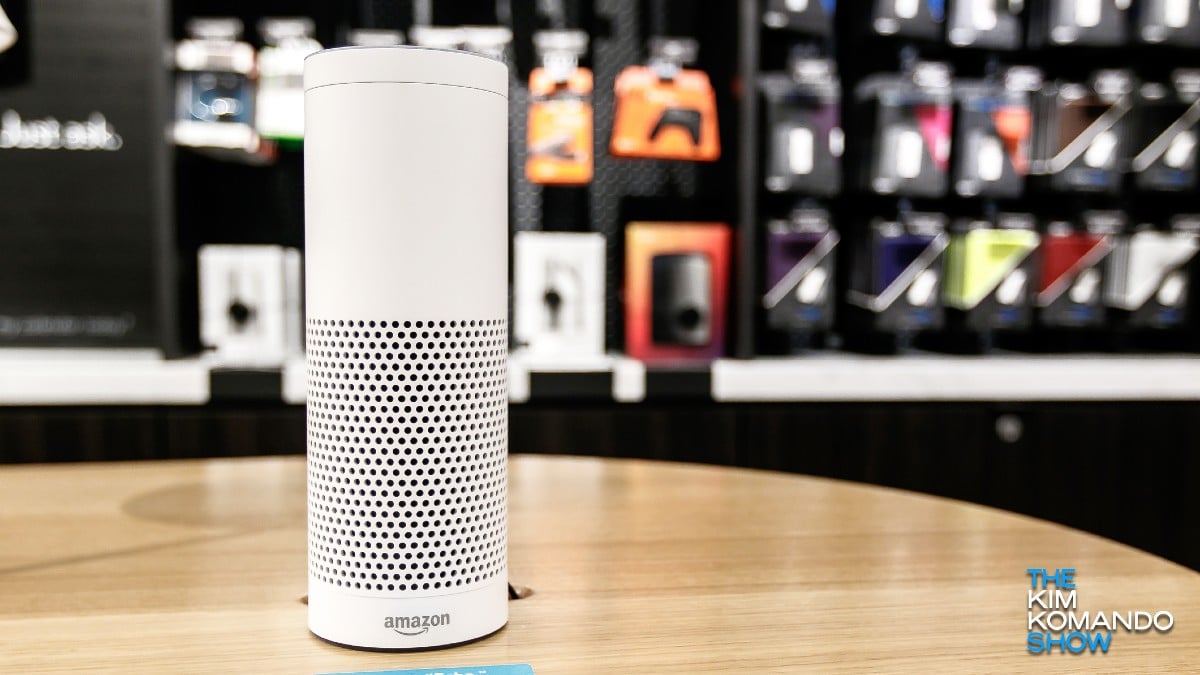
Have any old gadgets around? Your dusty phones, boomboxes and gaming consoles can be worth a fortune. Here’s a list of items to fatten your wallet.
“New” is a relative term when it comes to tech. One product can remain on the shelves for years while another is replaced annually. The impact this has on your buying decisions can vary. Purchasing last year’s toaster oven may mean missing out on the new air fryer, but it’s not the same as getting an older smart speaker.
Use this site to check your network for unauthorized devices

You keep your device’s operating systems updated. You’re using internet security software. You’re pretty savvy about not falling for online scams.
Even so, malware and cybercriminals can still get through. Run this free check to see if your router has been hacked by criminals.
Firewall vs. antivirus: What's the difference and do you need both?

When it comes to protecting yourself online, there’s a lot of confusion. Between VPNs, two-factor authentication, antivirus software and firewalls, there are so many ways to protect yourself that it can be hard to track them all.
Does a VPN slow down your connection? Answers to 6 common VPN questions
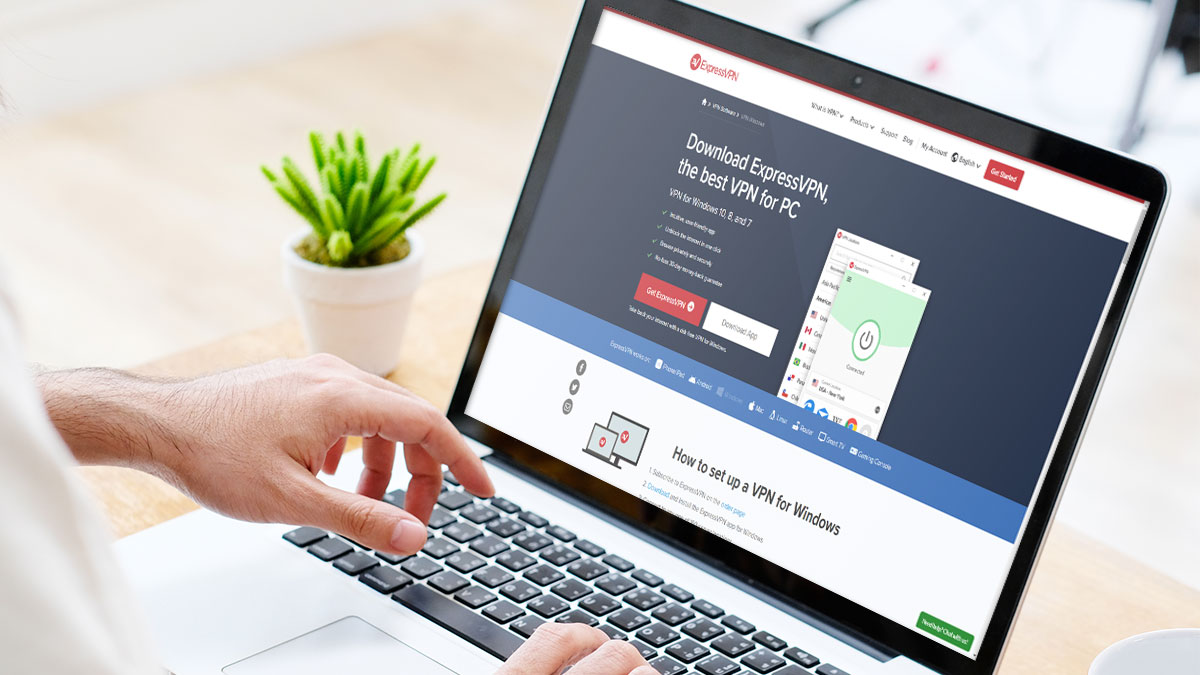
Let’s face it, the internet can be a scary and unpredictable place when it comes to maintaining your privacy and security. You never know who may be keeping virtual tabs on you.
Whether it’s a hacker or scammer out to get your personal info, a government agency or even your creepy neighbor, you need to secure your web browsing.
Tech security tip: How to remove malware from your phone or computer

Anyone who regularly browses the internet needs antivirus software. Think of it as a life jacket. It’s there to keep you safe in case of an emergency.
And when malware strikes at your defenses, it’s code red. You’re afraid that you’ll lose everything, your emotions are high and you might not be in the right state of mind to find a good solution. That’s why preventative measures make a world of difference.
Google Chrome is safe but here’s how to make it even safer to use
If I were a betting woman, I’d guess you use Google Chrome. It’s far and away the world’s most popular browser. It’s not my pick if you’re looking for the most privacy. Scan my list of browsers ranked by privacy.
A look inside the FBI’s encryption system
Are hackers in your phone? Here’s how to find out
I’ve heard from many people who have been cyberstalked over the years. Sadly, today’s tech makes it all too easy.
Take Apple AirTags, for example. They’re cheap, small, and easy to hide — and can tell the owner exactly where you are located. Here are six signs to look for if you suspect someone is tracking you this way.
5 ways to think like a hacker, starting today
The more we rely on our devices, the more vulnerable we are to attacks and scams. Your smartphone is a prime target. Tap or click here for three ways to secure it from hackers.
It’s not just passwords and sensitive details you need to protect. Think about all the photos and videos stored on your phone that you would be heartbroken to lose. Tap or click for the best ways to save your phone’s photos before it’s too late.
5 silly mistakes putting your online privacy and security at huge risk

There are so many online scams and tricks out there I can’t cover them all on my website and national radio show. I make it my duty to inform you of the tactics bad actors use to fool you.
A great podcast was the episode when I dove into the mind of a hacker. Tap or click to listen to an episode of my podcast, Kim Komando Today, with an IBM social engineer. She spills the secrets hackers use to scare and confuse people.
Antivirus vs. VPN: Do you need both for online privacy and security?
You probably know that bad guys lurk within every corner of the internet. You have to watch out for spyware, ransomware, phishing attacks, IoT invasions and more. Oh, and don’t forget “zero-click attacks.” Researchers recently discovered hackers used military-grade spyware to remotely access iPhones and even replicate their data.
Here’s what it looks like when a virus takes over your computer
A slow computer can turn you into a detective. You start investigating the clues, trying to find out what happened. You might even Google “How to tell if you have a virus” or “Warning signs your computer is infected.”
6 apps that could make a difference during an emergency

Have you ever been stuck in the middle of an actual emergency? Tap or click here for 18 must-have items that help you survive any crisis.
Not every calamity takes place at home. You never know when you’ll be facing something dire with only your smartphone in hand.
8 signs that your computer has been hacked

If your device is connected to the internet, it’s vulnerable to hacks. It’s as simple as that. Cybercriminals are always coming up with new tricks to get into your gadgets and you should be aware of that.
Fortunately, there are usually signs that your device has been compromised. When it comes to smartphones, this can include spikes in data usage, battery drainage and changes to your home screen, among other indicators. Tap or click here for information on diagnosing and solving phone hacks.
Giving up Kaspersky? Get a year of Kim's antivirus pick for only $19
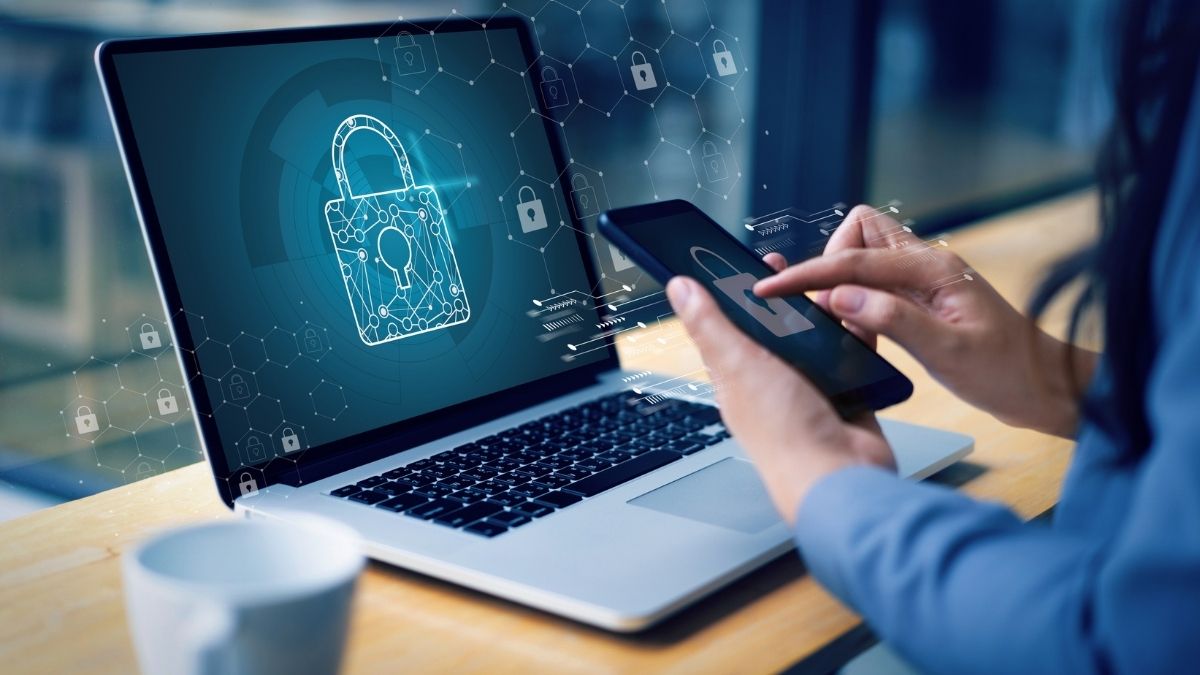
With tensions mounting across the world during the Russia-Ukraine War, cybersecurity experts warn not to use Russian-owned Kasperksy antivirus protection. Here’s why.
A question I get time and time again is, “What’s your antivirus recommendation?” Whether you’ve never used antivirus, stopped years ago, or want to get rid of Kaspersky, I can help.
Crypto tip: Simple mistake costs man $120K – Don't let it happen to you

You’ve probably heard of cryptocurrency, the digital medium of exchange that has become a darling of social media influencers. You don’t need to be a crypto investor to know that there’s no such thing as easy money and that crypto, in particular, is an especially risky investment.
Your ISP is watching — Here's what it knows about you
You probably know by now that your internet service provider watches what you do. After all, a tiny bit of surveillance helps these companies provide the best services possible. But many ISPs collect data beyond their scope, according to a new report from the FTC.
Free check to see if your router has been hacked by criminals
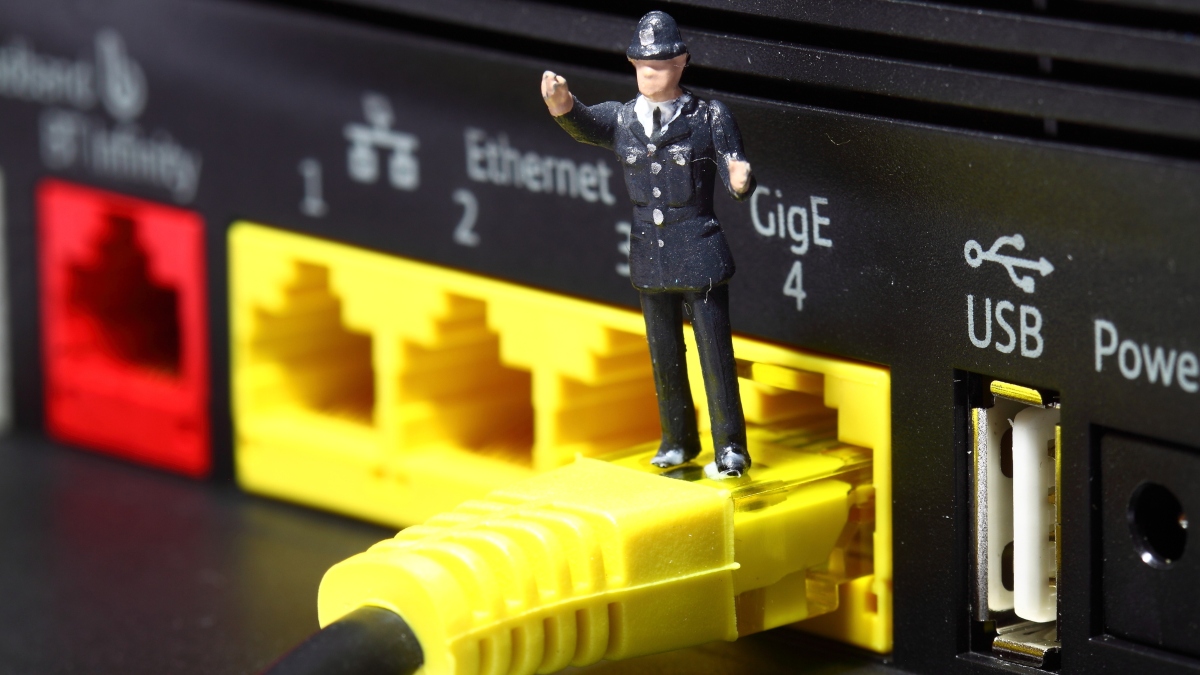
The internet is a crazy place. Not only do marketers and advertisers follow your every move, but there are also hackers and scammers lurking in the dark corners, ready to pounce on your personal information.
At least marketers and advertisers want to make money off of you. The hackers and scammers we’re talking about want to flat-out steal your money by hijacking your personal information.
The government doesn’t want you to know these Dark Web secrets
The Dark Web is a mysterious place. Once you leave the relative safety of the traditional internet, things can get pretty scary. But, you might not know there are things on the Dark Web that the government is working to keep confidential. The secrets might just blow your mind.


